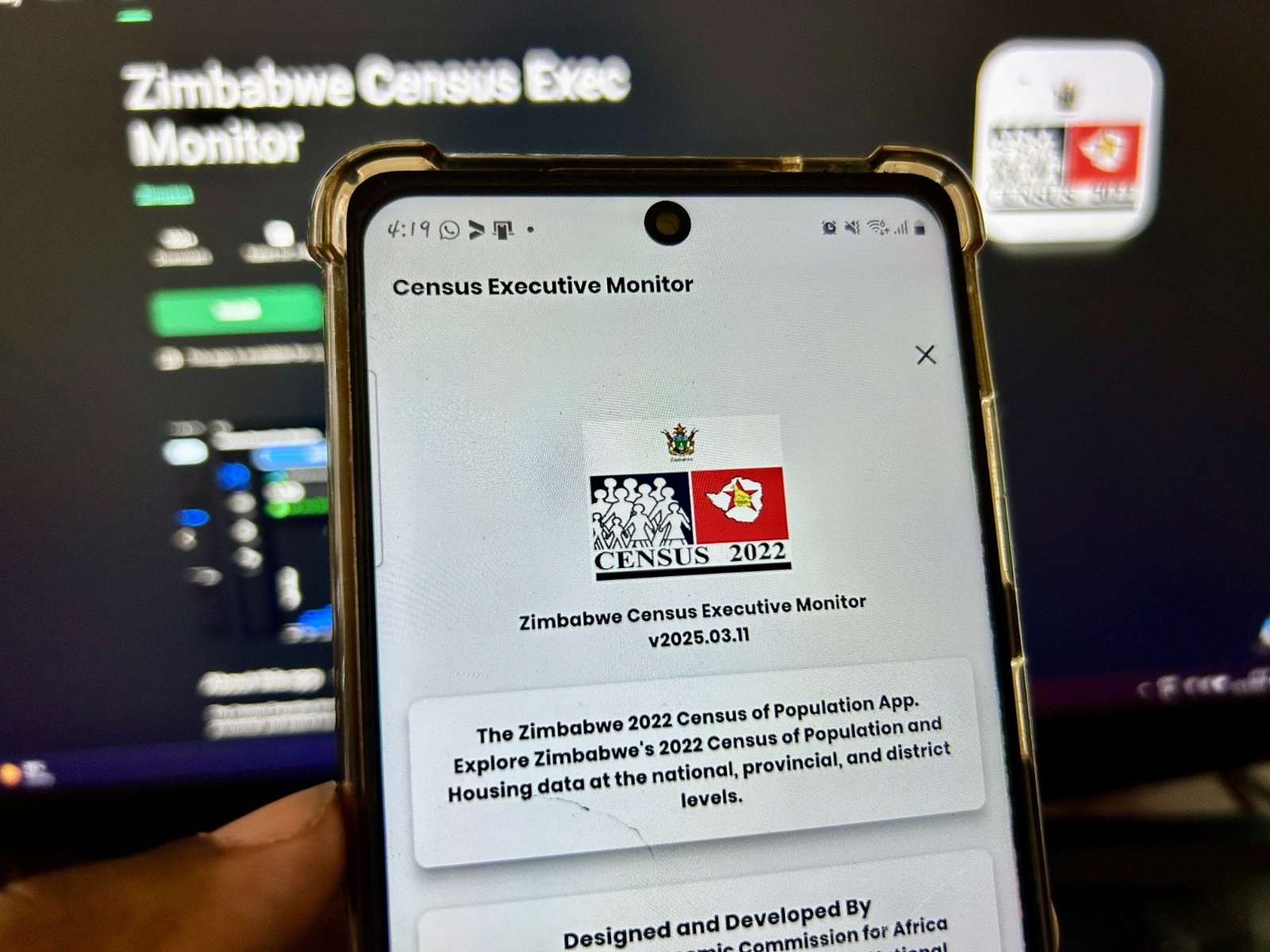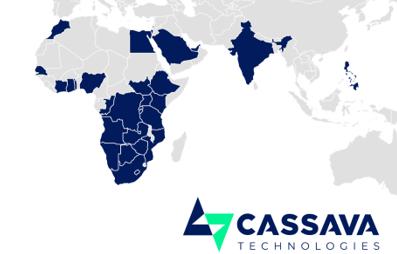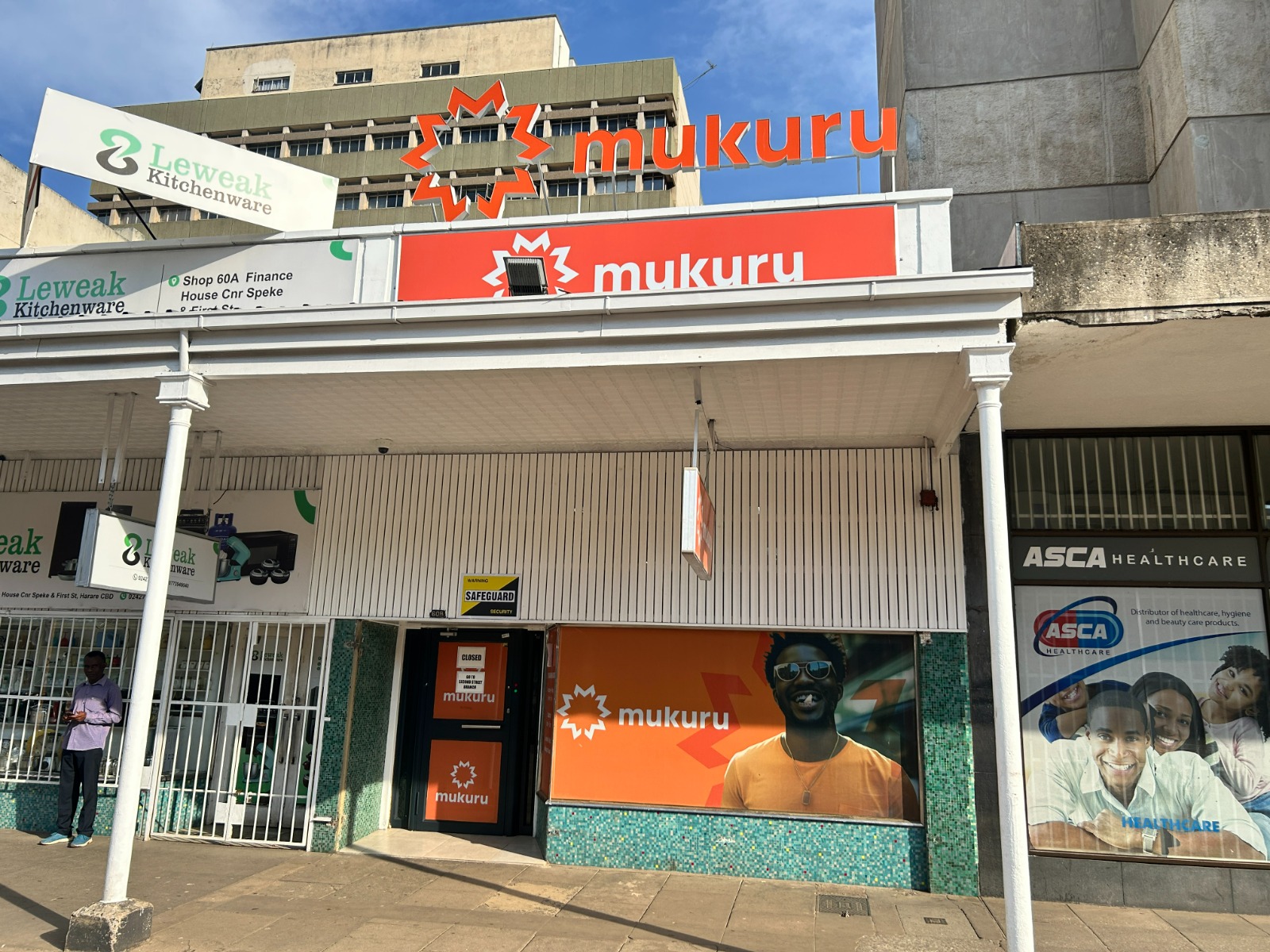When I wrote my last piece on alternative energy, which was on the virtues of the new Tesla battery and how it will be the universal cure to all our energy woes, one reader’s comment caught my eye and it has stayed with me ever since.
The cynical reader was skeptical about the usefulness of alternative energy schemes like solar and made quite a compelling argument about their limits by pointing out how it would not be feasible to run a production plant using solar, not at a large national scale anyway.
These past couple of days without a warning from the authorities or ZESA, the country has been plunged in darkness for most of the day. I mean we are all used to this load shedding nonsense even though we should not, but this current schedule is more draconian than usual, so much so that we are even having load shedding in the middle of the night.
And as I have discovered the reader was right. As much as alternatives like solar, inverters and generators are useful as backups, they are not substitutes for the real thing. There are a lot of things that they cannot do besides not being able to run a full production plant.
For you to accomplish the normal everyday tasks like watching the television, running your fridge, whipping up a burger on the electric grill (as a bachelor I exclusively live on burgers except on the days my girlfriend comes for a visit), warming up coffee using the microwave, making a toasted sandwich, running a power guzzling home server which stores all “legally obtained” T.V. Shows, running a PVR decoder for any extended amount of time or doing anything worth doing, you need actual mains power.
Every time I have to do any of these things, I have to first engage in an arithmetical exercise as I wrestle with power equations so as to be able to determine the exact effects of each action on my solar system. More often than not, I discover that the device that I intend to run will not work on my current system. Due to financial constraints I cannot upgrade the system. These are problems that are being faced by a lot of people.
The truth of the matter is that the national grid should cater for the needs of the majority of the populace. It would have been understandable if it were people in some remote area complaining about power cuts, not people in the capital. It would appear that ZESA has failed.
If you are one of those people who are sipping the ZIMASSET/ZESA kool-aid, you only need to Google “ZESA” to see their track record. The parastatal has failed in every sense of the word! In fact, I dare those who are of a different opinion to come up with one thing the entity has done in the past decade that can be remotely construed as good.
A quick skimming of the search results using a search engine of your choice will quickly review a litany of disasters. ZESA mulls a 6% tariff increase, ZESA switches off Uhuru Cup, Diplomats stuck in an elevator due to ZESA powercut, Power cuts to worsen as Hwange is switched off are just but a few lines to this elegy.
I think if we cast our various political affiliations away for a moment we can all agree on one other thing. The trend on which ZESA is on is quite clear. It’s never going to catch up with demand at this rate, not in a million years. In fact, its electricity generation capacity has fallen down to about 1 000MW when electricity demand is increasing. The guys are importing 0 MW of electricity despite the dire need for power, they are dodging customer calls and inquiries and when they do answer their phones, they offer responses that usually begin with the phrase ” I don’t know …”
Failing is defined as the inability to accomplish what you set out to achieve or what you are supposed to be achieving. ZESA stands for Zimbabwe Electricity Supply Authority. This means their major job is to supply electricity to the nation before anything else. They are not supplying us with any, ergo they have failed. If this is not failure then I do not know what is. ZESA deserves the proverbial F for failure.
Never mind their current failure to meet customer demands for electricity, all indications are that they do not even have a plan to rectify the shortfall problem. Why, some big chefs at the institution do not even believe there is a problem on their part, opting to blame everyone especially those few who are defaulting for the problem. In my own opinion, the fact that the institution is failing to collect tariffs is just another failure on their part.
Sure we have heard stories about how the entity is partnering with various players to build solar power plants in places like Gwanda which will magically solve all our power problems overnight, but they are just that, wonderful stories. No different from the fairy tales of Rapunzel, Prince Charming and Aladdin that I tell to my two-year-old niece so she can go to bed. Two years after the stories were told and the jingles sung nothing has come out of it because there was nothing there in the first place.
To be honest, just like a lot of people in this country, I’m tired. Tired of the excuses and the lies. Tired of the corruption and the blackouts. Tired of the failures at our country’s sole utility. Angry that we cannot run our own affordable data centers in this country because we have no reliable partner. Tired that I have to depend on alternative sources of power instead of a reliable national grid.
I am just tired of the state monopoly taking everyone for a ride. I say we should have private players in the electricity generating business. Oh, I know how this Zimbabwe Energy Regulation Authority (what on earth are they regulating? Blackouts?) gave out 20 licences to private players last year but I have this suspicion that this was just one of those fairy tales. I mean it is the same article that says an Indian company was contracted to rehabilitate Hwange Thermal station which recently failed and caused a nationwide blackout.
I mean an actual concerted effort where the government not just allows private players to generate electricity, but it actively seeks and gives them incentives to do so.
It would work especially well if, for example, they allow a company to generate and provide power for the city of Harare or parts of Harare and not just pump power into the entire national grid. The failing state power utility can just provide and maintain the grid. An independent authority would handle the accounts of various power generators and issue payments, according to the amount supplied.
Right now I believe this is our best bet. If we are to see a growth in our economy we need a reliable power supply to power essential backbones like Data Centers and other industries. Solar panels and generators are not going cut it. The power they provide is nowhere near enough.
I think ZESA is ready for this given how the parastatal has been split into separate entities, according to their role. For example, ZETDC is now in charge of the grid while ZPC is in charge of electricity generation. Besides, we have been here before when the PTC was unbundled into Zimpost, TelOne and NetOne. Private plays like Telecel and Econet have filled the gap and met the needs of those whom the parastatal was unable to service. The same should be done with the need for our electricity.













Comments
17 responses
Garikai, the gvt is made of people, people working at Zesa are not unique creatures from far away planets. They ar Zimbos jus like you and me VERY corrupt and NO respect for law.
Im tired of this blame game we Zimbabweans have mastered and perfected quiet well. Until the day we change our work ethics, respect law, have the patience and be ready to graft for a dollar, thats when when our country will start to move.
country for the beloved country
I think the hint at the problems at ZESA are in the final word of their name “Authority” – they have a need to control every aspect of power supply in the nation rather than feel driven to provide a service. We know it is all politically centred anyway. I am currently investigating the options for a solar system at my home and at our offices but for the power generation and supply to improve, the cost of power is going to have to increase and then solar starts to make economic sense over a 5-10 year period. The current price of electricity in Zim is controlled and that is why it is in short supply…
Thank you very much for your insightful article. There are a couple of issues i would like to highlight on the power deficiency issues in Zimbabwe. 1. Regionally the electricity tariff in Zimbabwe remains the lowest with the average for the Region being around US$0.18 whilst in Zim it’s at US$0.10. I understand that ZESA has pointed out that for them to break even the tariff has to be set at US$0.14. What it means then is that electricity in Zimbabwe is being sold at a loss and unfortunately the Government has to subsidise ZESA to cover for the lose and to protect consumers. I am not sure if the subsidy being availed by the Government is enough to cover for the loss. 2. Thus because of this it means ZESA cannot invest in capacity expansion projects as the situation on the ground is kind of a ‘hand to mouth’ situation which is very unfortunate. How this can be addressed is for the Government to avail funds for major Electricity generation projects to enhance the country’s power generating capacity and I am not sure if they can do that now given the situation obtaining on the ground. Otherwise ZERA has to approve the increase in the price of the tariff so that ZESA can at least break even and invest in their own Capital projects. Also with the tariff as low as it is right now the Independent Power Producers (IPP’s) are disincentivised to invest in the generation of electricity. It’s unfortunate but with the situation obtaining on the ground I see our Electricity supply challenges no going away soon
I do not buy your story! The moment they allow zesa to increase prices is the day you need to go and check how many 4×4 cars and mercs being cleared at border for zesa executives.
Zimbabwe remains the mostly clueless country on how worth dollar is.
Your facts are only good on paper.
@Godfrey, your statistics are from the ZESA website and not correct. You do not just take tariff numbers and take an average. You look at a number of things. Mozambique’s tariff is lower than that of ZESA’s and real mega investments are taking place there? Can you give us details that go into the $0.14/kWh that ZESA needs to cover only operating costs? The current tariff methodology does not look at future investments but only on historical cost So? Depoliticizing ZESA looks to me as the only viable solution to this fiasco?
How do you solve a problem with the same Characters who created the problem. I agree with you ZESA cannot solve this issue. Only new players can solve Zimbabwe’s numerous ills
Electricity supply is an essential service. As such, it should remain the Government’s responsibility.
The problem isnt the failure to generate, but the failure to manage, account, plan and grow. Too much corruption. Zero ethics and governance, in the long run, translates to load shedding and outages. I echo @macd chip’s sentiments.
Private producers should be allow to sell and feed into the main grid, but that doesnt address the issue that is bad-governance and corruption that has led us to this.
How many court cases involving ZESA have indicated flouting of procurement and tender laws? ZESA, ZUPCO, PTC/TelOne/NetOne… etc. If parastatal management is held accountable and made to work under rigid controls, with reasonable reward, the story would be different.
———
By the way, new TechZim website is ugly
I agree – but not exclusively a responsibility of the GoZ: the space should be open to private competition.
Education and Health are essential services as well, but in those industries you have a lot of private entities successfully competing with Government. In many cases, they are preferred over the equivalent government offerings – which I think is rather revealing.
You do realise I said private production for commercial purposes should be allowed…?
I still maintain that the core and bulk of generation of electricity should remain a Government responsibility managed by a public utility.
@tinm Uganda, Nigeria etc. realized and accepted the failure of government utilities and privatized with good results. It only requires genuine acceptance of failure for anyone to correct their failures.
ZESA has failed to supply electricity…period!!!!! Anything else are just excuses. For how long are they going to go on like this. At one point during the ZWD era the problem was forex, then when forex came the problem became consumers are not paying, then they introduced prepaid meters and guess what also increases…powercuts. What is that?? Simple, they dont know what they are doing and the sooner they leave the stage the better for all Zimbabweans.
In the town of Mahatshula in Bulawayo, the situation is worse as of late. I occasionally view Mahatshula as Silicon Valley, ask me why. To cut the long story short, we are developing a concentrated solar power project and our experiments are now coming close to inventions as they promise to hedge residents from any power cuts. Power 24/7 !!
Dear Nqo Ndlovu, how can I get in touch with you please? I have a few questions about concentrated solar power in Zimbabwe. Thank you.
Heba (hhashem80@yahoo.com)
you know i wrote the same think on monday on my FB….i am soo pissed with ZESA, i dont really think they know their mandate at all.. i dont even think the minister has the slightest clue of what is expected of him. i dont know what it takes for Zimbabwean politicians to say they have failed, and to resign coz of their failure…i am yet to see one minister who has stepped down because he has failed in Zim….they cling on with nothing to show ….The president too should show us that the masses matter to him by firing all these non perfoming ministers…firstly with this energy minister….
How was the minister appointed in the first place? The problem is not the employee’s but the boss’s! The shareholders must fire the boss if they want their company to succeed.
Zesa have failed us